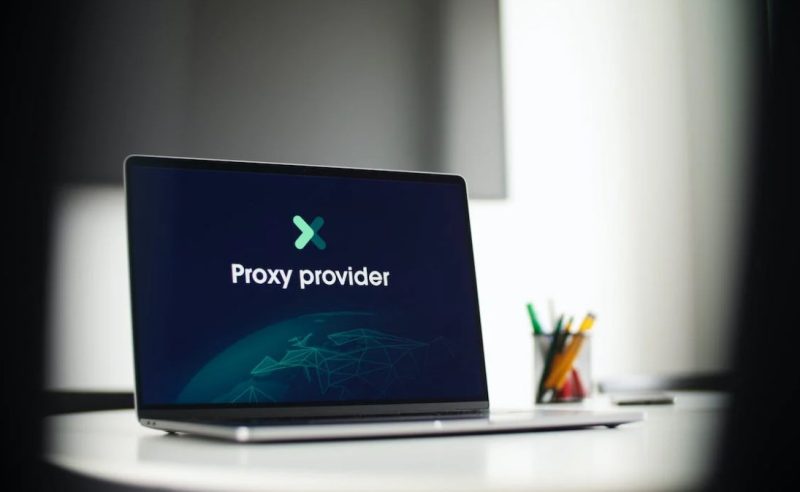
Encrypted messaging app Signal has launched a campaign encouraging its users to set up proxy servers to help people in Iran. Signal is currently banned in Iran, and it’s not the only platform that is blocked under the Iranian government’s strict internet censorship. Several communication and social media platforms, including Facebook, Twitter, and Telegram, are inaccessible in the country.
Signal’s campaign is a technique to circumvent censorship and allow the people of Iran to communicate freely with each other and the wider world. Following the death of Mahsa Amini in police custody, Iran shut off the internet in areas of Tehran and Kurdistan, as well as further barred access to even more social media platforms such as Instagram and WhatsApp. This was in an effort to quell a rising protest movement that has relied on social media documentation.
As Signal states in their blog post, like everyone else in the world, people in Iran deserve privacy. Residential proxies can help with this, as well as allowing Iranians to bypass internet restrictions and access blocked websites and social media platforms. But how exactly does this all work?
How do proxy servers work?
Proxies are a powerful tool that function like a firewall and a filter. Proxy servers help users and web servers communicate by simplifying web requests and responses. A user typically accesses a website by submitting a direct request to its web server via their IP address from a web browser. The web server then returns to the user with a response containing the website data.
As proxy servers sit in between the user and the target site, they enable better security and prevent hackers or prying eyes from intercepting the data you are sending and receiving. Although every computer has an IP (Internet Protocol) address, proxies provide you with their own IP address, meaning it would be difficult to trace your browsing history back to you.
The other side of the world
Let’s say, for example, you want to gain access to Instagram but the app is blocked in your country. If you connect to a proxy server in the US, you will be able to connect to Instagram as though you are a real user in that location. Residential proxies allow you to completely bypass any restrictions a government has put on your internet access, despite which type of internet you use.
Overall, various location proxies work as a sort of umbrella that helps protect your location and identity from third-parties while still allowing you to obtain open source online material without being denied based on geolocation or any other reason.
Residential proxies in particular are the most reliable type of proxy for this use, as they are linked to real IP addresses and therefore are unlikely to be blocked by websites.
Protection and anonymity
One of the biggest worries for those who want to bypass internet censorship is their online activity being traced back to them. Online safety is a concern for many people, but it is even more so for people who live in locations with strict online bans.
When utilizing a proxy, it is difficult to trace your data back to you, giving you some level of privacy. None of this information, however, is encrypted. This implies that websites can still see what you do online even if they can’t link it to your actual IP address. Your real IP address being obscured by the proxy is usually enough to give users peace of mind when connecting to a server in another country.
Although achieving true online anonymity is a difficult task in our technologically advanced world, a proxy will offer you some safety and anonymize your requests by changing your IP address to that of the servers. Make sure you are using a trusted proxy network, as the proxy server that you decide to use will still know who originated the request.
How do I set up a proxy server?
It’s relatively easy to set up your own proxy server. The method might be slightly different depending on whether you are a Windows or Mac user, or whether you choose to host one online. According to Signal, you only need a server with ports 80 and 443, as well as a domain name that leads to the server’s IP address.
There are plenty of setup guides online you can follow depending on how you wish to host your proxy server.
Final words
Proxies are a powerful tool that we can utilize to bypass censorship online. They can help boost your privacy and security as well as masking your IP address, allowing you some anonymity when accessing the internet. Hosting proxies for those who are struggling to gain access to certain social media platforms is a great way to keep the internet open for all.

Taylor is a freelance SEO copywriter and blogger. His areas of expertise include technology, pop culture, and marketing.














